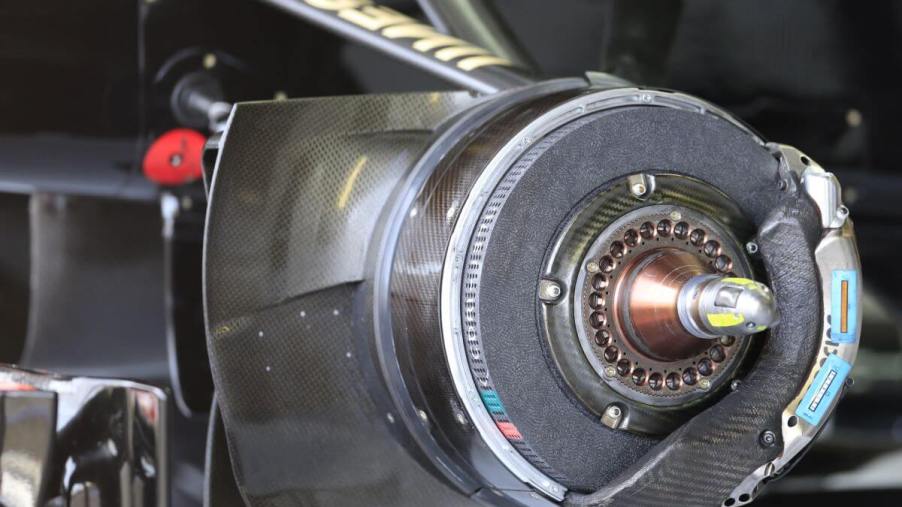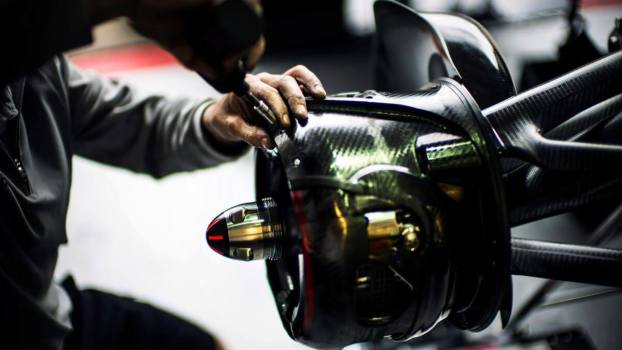
Are Race Track Brake Pads Street Legal?
Proper maintenance is non-negotiable when it comes to the smooth operation and longevity of your car. One crucial aspect of this maintenance involves the brake pads. Modern vehicles come with various brake pad options, often neatly divided into two broad categories: those designed for everyday consumer models at a dealership and those crafted explicitly for the high-intensity environment of race cars, such as those used in NASCAR and custom street racing. The question: are race track brake pads street-legal? Can they be used on daily drivers, or are they strictly for the racetrack?
The stop-and-go of brake pads
To understand this better, let’s first dive into the realm of brake pads in general. Brake pads are a vital component of your car’s braking system, functioning to create friction against the rotors. According to MotorTrend, this friction enables the vehicle to slow down or come to a complete stop. The brake pads are housed in the calipers and are specifically designed to withstand significant wear and tear. However, not all brake pads are created equal. The two primary types – street pads and track pads – are made to suit different driving conditions.
Everyday stoppers: Street pads
Street brake pads are the standard pads found on most consumer vehicles. They’re designed for the average driving conditions of everyday use – commuting to work, running errands, and occasional long drives. These pads are quieter, produce less dust, and have a longer lifespan than their race track counterparts. They’re also made to perform optimally at lower temperatures, which are more common in everyday driving scenarios.
Speed demons: Track pads
On the other hand, race track brake pads, or track pads, are engineered for the rigors of high-speed, high-performance driving. According to Safe Braking, they’re built to handle the extreme heat generated during aggressive driving, such as during a race. They offer superior performance, shorter stopping times, and enhanced cornering capabilities. However, track pads typically produce more noise and dust, wear out faster, and require a “warm-up” period before reaching their top performance.
Racing pads on the streets: legal, but not recommended
As for the legality of using track pads on a consumer car or daily driver, the simple answer is, yes, it’s legal. There aren’t specific laws preventing you from installing track pads on your everyday vehicle. However, it is generally not recommended due to several reasons. As mentioned earlier, track pads need to ‘warm up’ before they perform at their best, something that’s not often feasible in everyday driving. They are noisier, produce more brake dust, and wear out faster – all of which could be inconvenient for daily use.
The brake-down – pros and cons of track pads on street vehicles
The pros of using track brake pads on a daily driver include improved performance, better handling of heat, shorter stopping times, and enhanced cornering capabilities. However, the cons – the warm-up time, the noise, faster wear and tear, and higher costs – make them less suitable for everyday use. While using race track brake pads on a street vehicle is technically legal, it may not be the most practical or cost-effective choice for most drivers.




